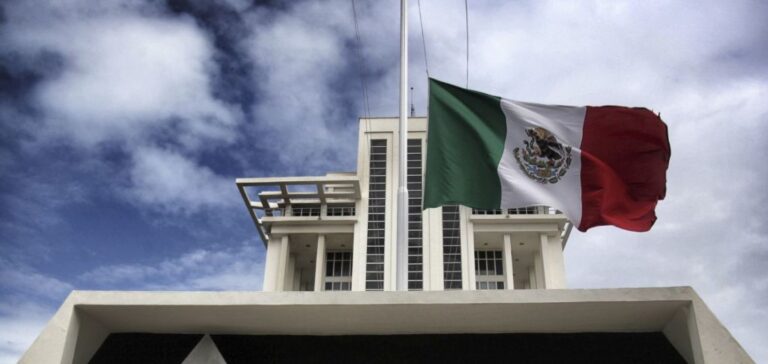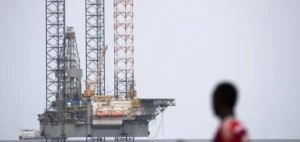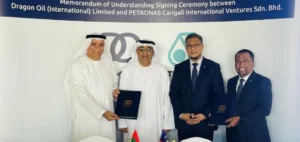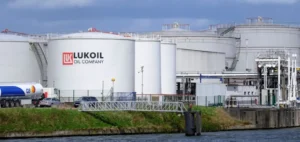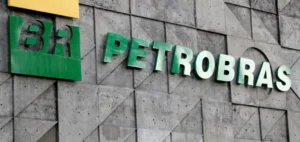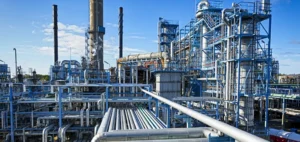Petróleos Mexicanos (Pemex), Mexico’s state-owned oil company, is currently embarking on a significant restructuring process designed to reduce operating expenses. According to an internal document released in April 2025, Pemex intends to eliminate approximately 3,114 non-union positions, which would result in savings of around 10.5 billion pesos, roughly equivalent to 543 million U.S. dollars. This action is part of a broader initiative to streamline the company’s organizational structure and enhance its operational efficiency. The reorganization also includes the removal of several deputy directorates, coordination roles, and around thirty senior management positions.
Strategic Plan and Impact on Operations
The planned job cuts exclusively target non-union employees and will not affect unionized workers. The funds saved through these reductions will be partially reinvested in exploration and production, key divisions within Pemex. Approximately 5 billion pesos will thus be redirected toward these activities to support and potentially increase oil production. This reallocation of resources is particularly critical as Pemex struggles to meet the production targets set by the Mexican government.
The company currently produces around 1.6 million barrels of crude oil per day, a figure below the government’s target of 1.8 million daily barrels by 2030. Facing these production challenges, Pemex’s leadership has also moved to strengthen operational governance. In this context, Ángel Cid Munguía was recently appointed general director of the Exploration and Production division, replacing Néstor Martínez, who left the position in early May.
Financial Situation and Economic Implications
This restructuring takes place at a time when Pemex remains heavily indebted, currently exceeding 101 billion U.S. dollars. In 2024, the company reported significant financial losses estimated at more than 620 billion Mexican pesos, confirming several consecutive years of negative financial outcomes. This challenging financial situation has compelled Pemex to profoundly reassess its operational strategy to enhance long-term economic viability.
The ongoing measures aim to stabilize the company’s financial position while allowing greater flexibility in resource management. The impact of these organizational changes will be closely monitored by financial markets, investors, and the Mexican government, as Pemex continues to be an essential strategic player in the national economy.


